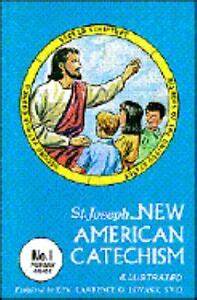A Quote by Fyodor Dostoevsky
Human laziness makes people pigeonhole one another at first site so that they find nothing in common with one another.
Related Quotes
Spiritual Love is born of sorrow. . . . For men love one another with spiritual love only when they have suffered the same sorrow together, when through long days they have ploughed the stony ground buried beneath the common yoke of a common grief. It is then that they know one another and feel one another and feel with one another in their common anguish, and so they pity one another and love one another.
EARTH DAY uses one of humanity's great discoveries, the discovery of anniversaries by which, throughout time, human beings have kept their sorrows and their joys, their victories, their revelations and their obligations alive, for re-celebration and re-dedication another year, another decade, another century, another eon.
A reader's tastes are peculiar. Choosing books to read is like making your way down a remote and winding path. Your stops on that path are always idiosyncratic. One book leads to another and another the way one thought leads to another and another. My type of reader is the sort who burrows through the stacks in the bookstore or the library (or the Web site — stacks are stacks), yielding to impulse and instinct.







































